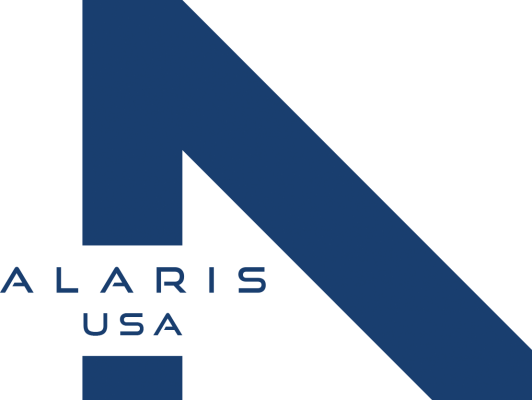Military operations are conducted often with partners and in a complex, multidimensional, highly dynamic, and disruptive environment against adversaries who conduct operations that do not conform to established international norms. Joint force commanders of multi-national forces, such as NATO, have traditionally operated within a Joint Operational Area with different components operating within the traditional land, maritime, and air domain. With the decision to include the cyber and space domains, commanders are now faced with the challenges and opportunities of operating within all five domains concurrently and not bound by geographical location. At the same time, civilian dual-use capabilities provide NATO and its adversaries access to near real-time intelligence and disruptive capabilities. The adversaries use hybrid warfare techniques in an integrated fashion that utilizes political, economic, and social forms of power. Multi-national commanders need to respond to these challenges together with member and partner nations to develop an accurate assessment of the situation, generate potential courses of action, receive guidance from the political level, and make decisions. This decision cycle must be made at the speed of relevance. NATO is addressing these challenges through a range of new initiatives such as the Warfare Development Agenda, the Warfighting Capstone Concept, Multi-Domain Operations, the recently released Artificial Intelligence policy, and other innovation activities aiming to retain the strategic edge of the Alliance.
Coalition’s ability to provide federated core services, applications, CIS security, and cyberspace capabilities becomes pivotal. Performing effective coalition operations calls not only for capabilities but mostly for robust and well-implemented information exchange requirements, interoperability standards, and federated processes. These need to extend from the strategic level of command, operational, tactical sensors, and weapons systems.
The workshop addresses topics of interest for the federation of military (materiel and non-materiel) capabilities. The focus of this session is on technical and non-technical aspects to be included by design in forward-looking CIS capabilities, to enable true federations.
The topics include but are not limited to the federated aspects of:
- Next-Generation Network Challenges, Solutions, and Applications for the Military Domain
- Command and Control of the Information Environment
- Cyberspace Operations
- Data Sciences and Artificial Intelligence in support of Situational Awareness and Decision Support
- Information Security Federated Operations
- Federated Service Management and Control
- Federated Space Domain


































